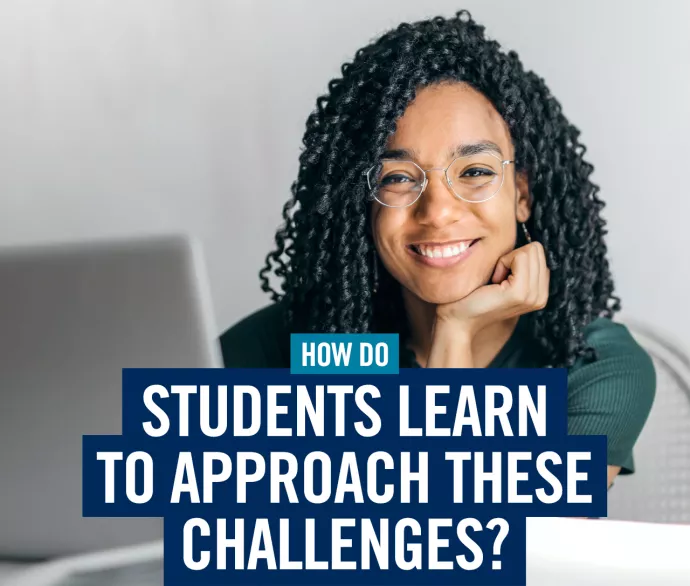
Our goal is for students to learn and apply core concepts in the chemical and physical sciences and become creative individuals who are able to think critically and innovate. Student learning is achieved through course work, laboratory work, field-, laboratory- and literature-based research and experiential learning opportunities integrated in our programs of study. Through these proven instructional methods and modern pedagogies, students learn to take into account the existence of uncertainty and ambiguity, which allows them to adapt to changing situations and make complex decisions as they engage in problem solving. This training enables them to contribute to discovery and innovation across the diversity of disciplines represented by the Department of Chemical and Physical Sciences, so that they may successfully pursue their career goals and identify solutions for tomorrow’s challenges.
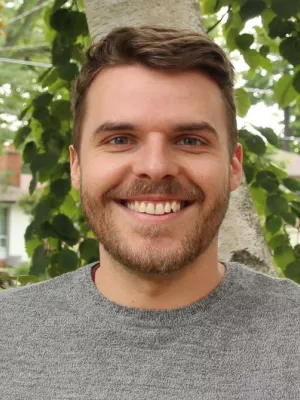
David Armstrong
Employs systems thinking in chemistry education, inspiring students to build an appreciation for the role that chemistry plays in society and helping them to apply their knowledge to solving real-world problems.
- Faculty webpage
- Link to website
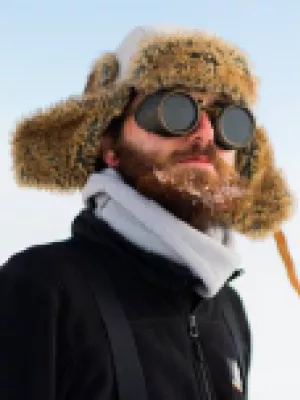
Paul Ashwell
Engages students in field-based experiential learning, and bridges the gap between field-based and classroom-based learning.
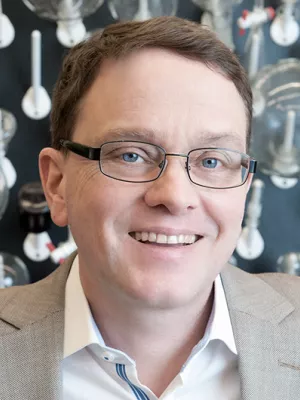
Ulrich Fekl
Trains students in air- and water-free research techniques, and studies how novel molecular models can enhance chemistry learning through haptics.
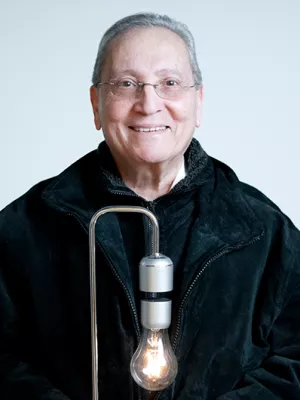
Wagih Ghobriel
Researches and promotes students’ engagement through reading or research undergraduate courses.
- Faculty webpage
- Link to website

Marc Laflamme
Integrates research best practices into university education while transferring project management approaches and reflection into research initiatives.
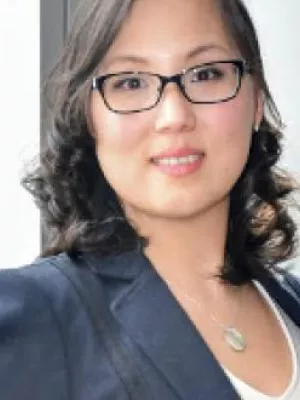
Vivienne Luk
Designs and implements various collaborative learning situations, from small exercises to group projects, in the classroom to promote higher individual achievement and greater student satisfaction.
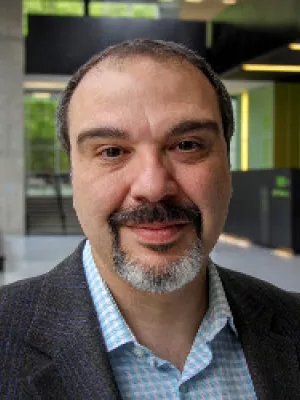
Paul Piunno
Provides team-based, interdisciplinary experiential learning opportunities with instruction in research best practices, project management and teamwork skills development.
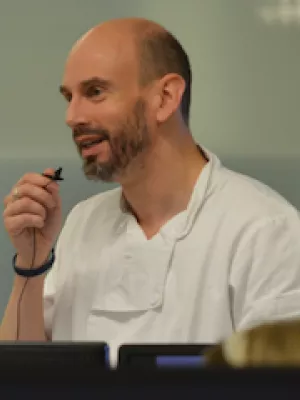
Leigh Revers
Cultivates scientists as innovators and entrepreneurs. Champions renewal of student engagement in organic chemistry through holistic approaches. Co-founder of two biotechnology start-up companies.
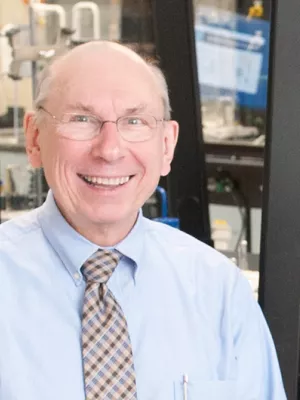
Juris Strautmanis
Increases student understanding of molecules in order to solve problems in Chemistry and Biochemistry

Lea Hirsch
Uses the Radial Velocity method to find and characterize nearby extrasolar planets, with a particular interest in how binary star companions influence their formation and evolution.
